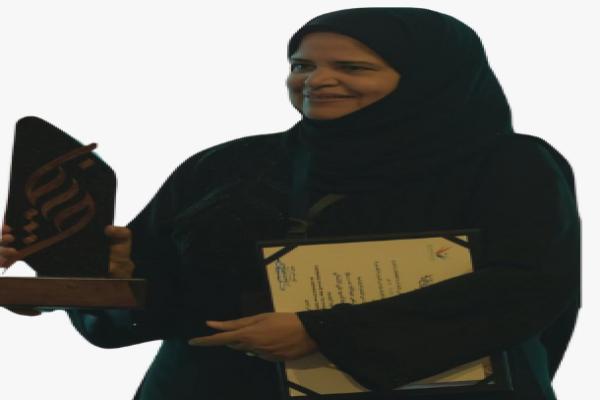
أ. د. مجـده السيـد الكشـكـي
الفائز بجائزة البحوث الاجتماعية لسنة 2024
Understanding extremist ideas: The mediating role of psychological well-being in the relationship between family functioning and extremism.
The family environment plays an important role in the development of extremism in individuals. However, this relationship has been insufficiently explored in psychological literature. The aim of this study was to determine how and why the central dimensions of family functioning, specifically adaptability and cohesion, influence extremist beliefs and attitudes in young adults, and what is the role of psychological well-being in this relationship. To achieve this, several measures were used to assess perceived family adaptability and cohesion, psychological well-being, and level of extremism among a sample of university students. The results indicated that family functioning was negatively related to extremism. Moreover, a positive correlation between family functioning and psychological well-being was found. The relationship between family functioning and extremism was fully mediated by psychological well-being. This study provides a framework for understanding the antecedents of extremism and radicalization by using an evidence-based approach to identify specific risk and protective factors against extremism. This study’s findings support the vision of the Kingdom of Saudi Arabia 2030 by adapting it in developing extremism-prevention educational and cultural and programs. The findings have important theoretical and practical implications for understanding and preventing extremism through family-based interventions.